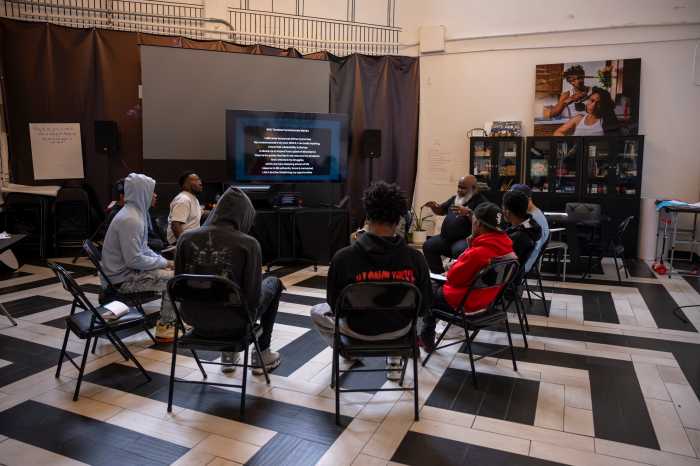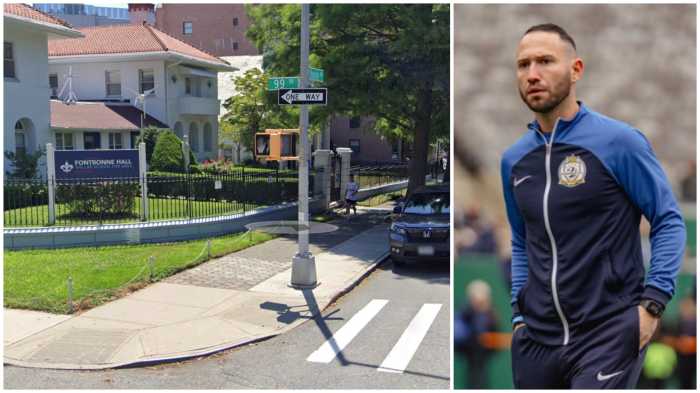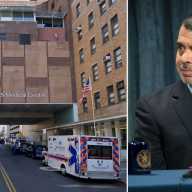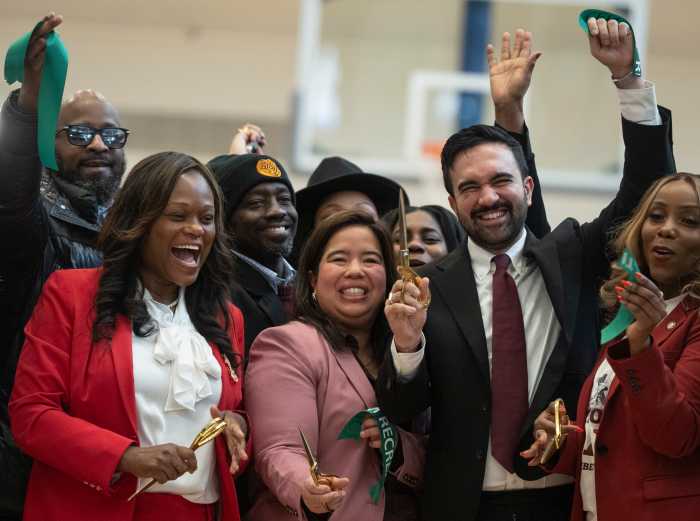Storming from the room, my then 15-year-old daughter hurled this truism at me: “You’ve never been a teenage girl.”
Of course she’s right, but my first thought was that doesn’t mean I can’t understand the things she’s going through. My blind spot, it turns out, is healthcare. My male perspective is that healthcare, especially as a young adult, is pretty much routine. Show up at the doctor’s if you’re sick or injured, otherwise there’s not much to it.
Turns out this isn’t the case for my girls.
I’ve learned that there’s a lot going on in young women’s bodies and in addition to the importance of routine care, choices they make now may impact them for years to come. My daughters are 17 and 20-years-old, in the world of dating and, maybe, sexual activity. They see doctors on their own and are making health decisions more and more independently, even about birth control.
This is the moment in their lives to learn about risks and start good habits, like monthly breast exams. Hormone-based birth control can increase their risk for breast cancer in the short run, and they may have some genetic baggage as well, with a great grandmother who died of breast cancer. If either of them were to develop breast cancer when they are still young, early detection and treatment is especially important, as these forms of cancer can be particularly aggressive.
My daughters are still tethered to Brooklyn and I’m able to ensure they have a doctor to see and show up for appointments. My oldest, though, attending college in another state, may already need access to routine care that doesn’t conveniently coincide with her school vacations and my younger, too, will soon be spending time elsewhere. This is when community-based services, like Planned Parenthood, come in, providing millions of women, like my kids, with important, life-saving healthcare and education.
The risks my kids face as they find their way through college, and the mating world beyond, are greater than for men. Sexually transmitted infections, like human papilloma virus, commonly know as H.P.V., may increase their risk for cervical cancer the rest of their lives, and chlamydia, another sexually transmitted infection that often has no symptoms, can cause another life-long consequence: infertility.
Routine gynecological care, screenings for diseases, and education about their health are all essential services for my daughters to receive and habits for them to form now. As the father of girls, I bear responsibility to ensure they have access to services, wherever my kids happen to be.
The attacks on women’s healthcare threaten my daughters, with long-term consequences. For example, Louisiana’s attempt to defund Planned Parenthood, a state in which the organization only provides healthcare and annual cancer and sexually transmitted infection screenings to thousands of women, and that state’s ridiculous attempt to say that other providers, such as dentists and ophthalmologists could offer reproductive healthcare, is absurd.
At some point, my girls may need obstetric care if they decide to become mothers. Later, they will go through menopause. They may face cancer of one form or another.
My daughters — and your daughters — need and deserve access to high-quality, comprehensive women’s healthcare now, because it will impact the rest of their lives.

























